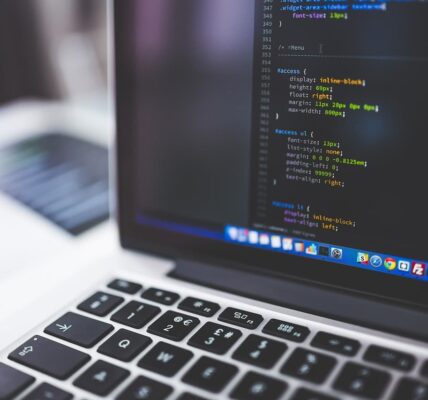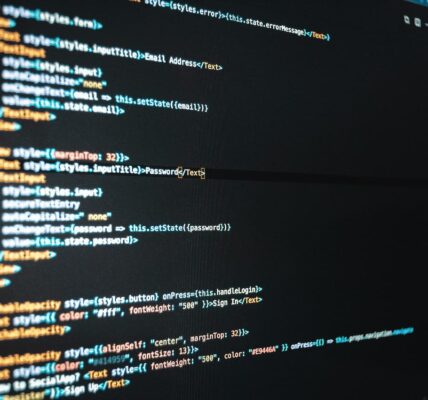In today’s world, the key to successful activity is information and the time it takes to obtain, process and use it effectively. The world is changing extremely fast, and computer technology is helping it. However, the capacious phrase “computer technology” includes a number of important key points. The main one is software development, the creation of which requires knowledge of programming languages. There are a lot of programming languages. The reason for this diversity lies in different needs of programmers, in different levels of their qualification and in many other things.
A programming language is an artificial language designed to write programs for an executor (such as a computer or a numerically controlled machine). It is defined by its description.
A programming language description is a document that specifies the capabilities of an algorithmic language. The description contains:
- an alphabet of allowable symbols and service (key) words;
- Syntactic rules for constructing the language from the alphabet of allowable language constructions;
- semantics, explaining the meaning and purpose of language constructions.
Programming languages serve to solve problems in such a format that they can be executed on a computer. Nowadays there are several hundreds of actually used programming languages with their own scope of application.
According to various estimates, there are 400-600 production-ready programming languages in the world. And at least two orders of magnitude more experimental projects. How to make the right choice with so many options? How to choose a language that will not only be commercially desirable, but also will be enjoyable in everyday practice? How will this choice prove itself in the long run?
Criteria for choosing the first and N-th language are radically different.
The first thing to understand is that you don’t have much choice. Of all the many languages, it’s easy to pick out the top 10. 80% of what happens is there. Strictly Pareto. Top 20 “known” languages defines the boundaries of rational choice (the first language). Another dozen “little things” are for the adventurous.




